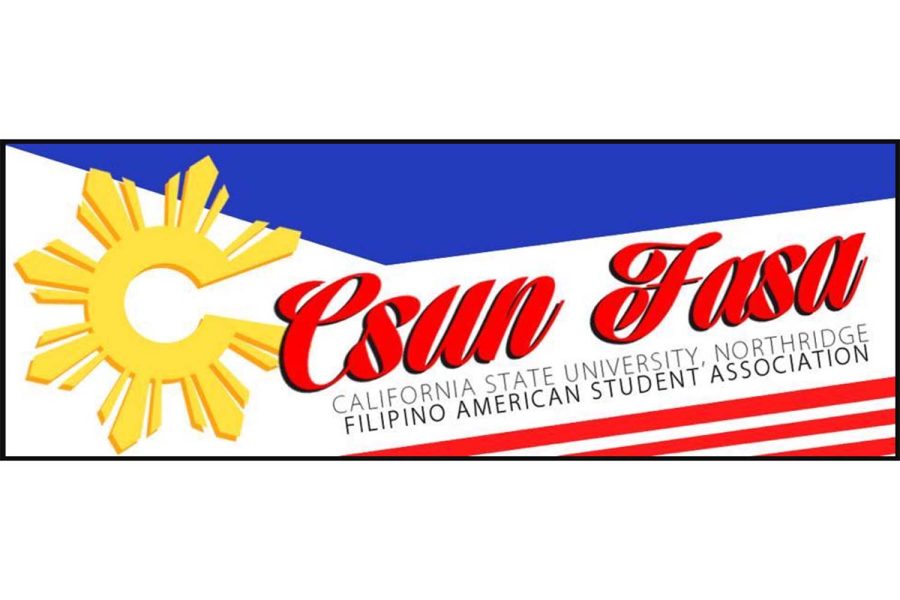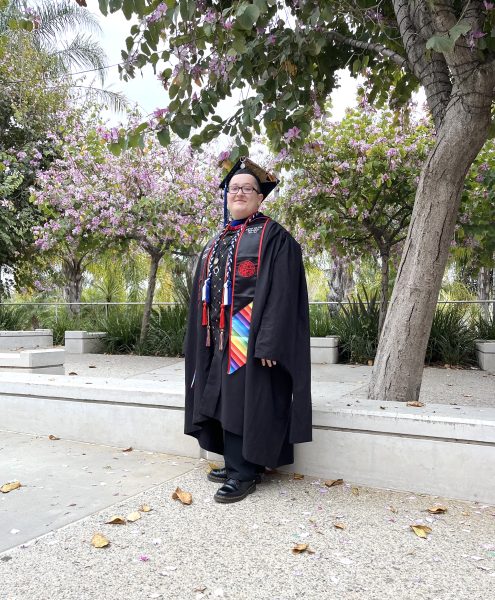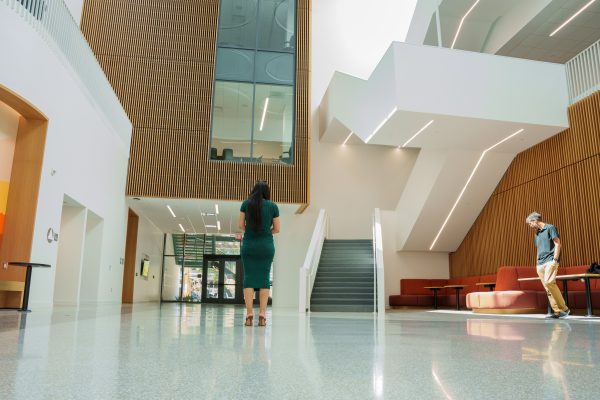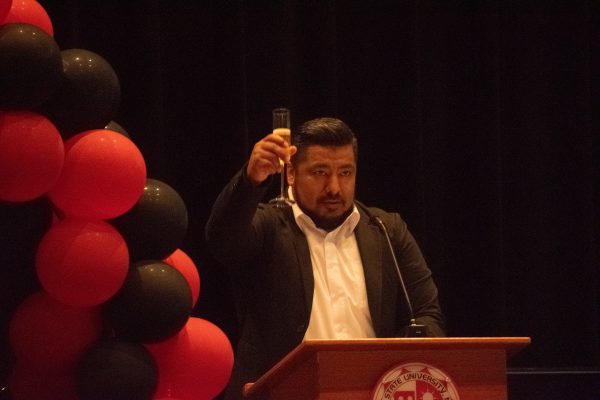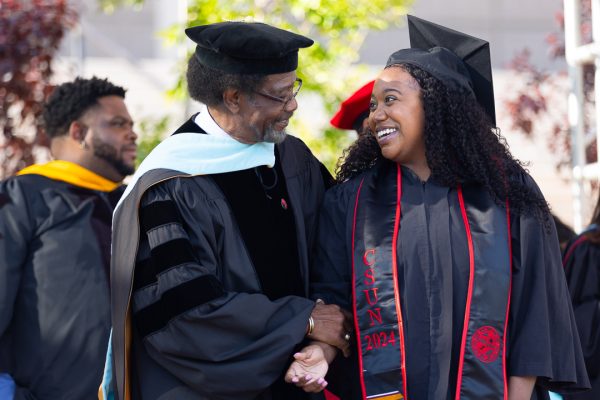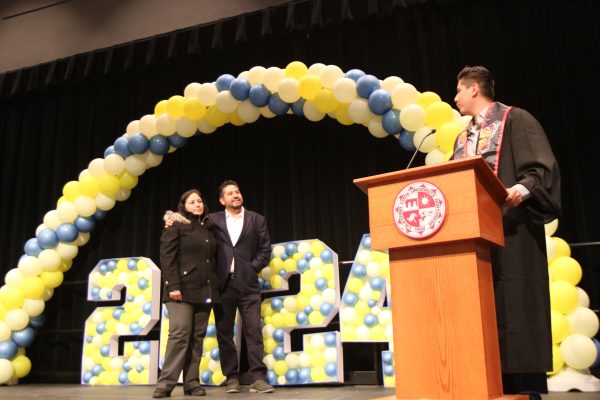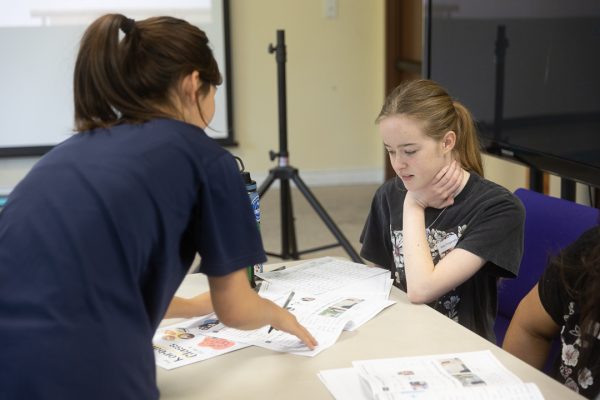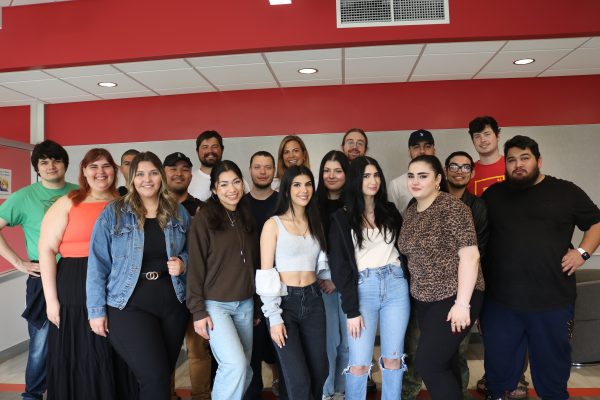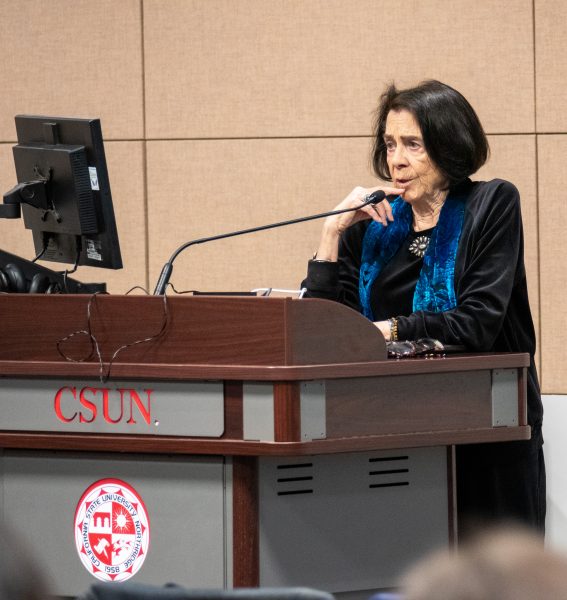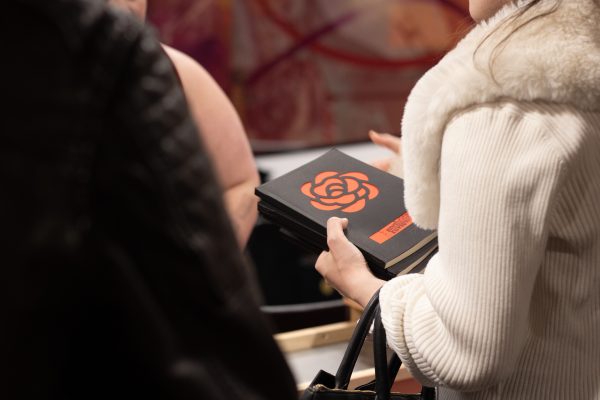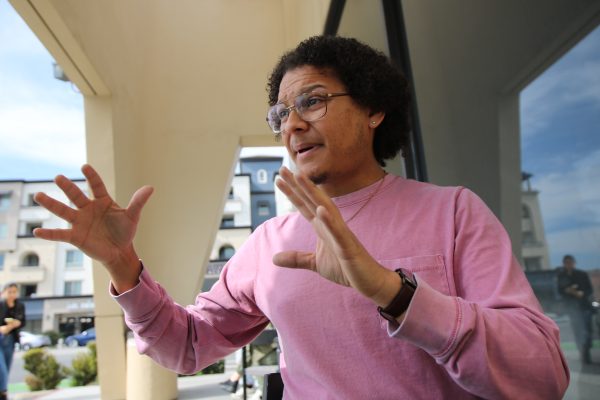FASA Brings Filipino Culture to the CSUN Community
December 16, 2021
The Filipino American Student Association takes pride in sharing their culture, history and appreciation towards the alumni before them, by continuing their Filipino traditions and connecting with the CSUN community.
FASA was officially founded in 1982 and wants to unite Filipinos, Filipino Americans and people from all backgrounds that are interested in learning more about Filipino culture.
The club shares Filipino culture through hosting their annual “Students for Filipino American History Month” event, where members can showcase their talents and traditions through music, dance, artwork and stories. The club also brings attention to the history and societal issues of the Filipino community.
“[Filipinos] helped build this very society as we know it, we continue to serve it,” said Allan Aquino, the FASA club advisor. “Filipino American history month is just a bright and joyful reminder of what we do and accomplish every day, as we have for centuries.”
FASA’s events are free and meant to show the talents of members as well as celebrate Filipino culture with the local community, according to Camille Villaflores, who has been a member of FASA since fall 2017.
Filipinos began migrating to the United States in the late 19th century, and Los Angeles has the biggest Filipino population in California, followed by San Francisco, according to an article from the Migration Policy Institute. Today, Filipino immigrants represent the fourth largest origin group, preceded only by Mexican, Indian, and Chinese immigrants.
Despite there being a noticeable Filipino community in the Northridge area, Filipino Americans often feel invisible, according to Aquino.
Aquino added, Filipinos weren’t always welcomed throughout history. Many Filipino immigrants came to the United States for higher education and to work. They were marginalized and mistreated, often finding support and happiness in their “kababayan,” which are fellow Filipino immigrants and extended family.
FASA brings Filipino American students together in one space that allows them to have a sense of belonging and camaraderie within their own cultural community, similar to a kababayan. Even alumni from FASA still feel a familial bond towards the organization. Some members from the 1980s founding generation of FASA have children or family members who are part of the current group.
“FASA is like a big family,” said Bernadine Corpin, the Social Chair of FASA. “It’s played such an important role in so many lives that alumni still come to support newer generations in their endeavors and the growth of CSUN FASA.”
Corpin appreciates that her parents surrounded her with Filipino culture from a young age, but also acknowledges the difference in her thinking versus her parents. She was taught that her elders sacrificed a lot when coming to America for better opportunities, which makes the children of Filipino immigrants motivated to achieve great things.
However, as a Filipina raised in the United States, she also recognizes that the children of immigrants need to think about themselves and their own futures too. It’s a balance that Filipino Americans need to find, according to Corpin.
“This is what I feel I have learned through my parents and through who I am as a FilAm (Filipino American),” Corpin said.
Corpin believes that she passes on this lesson and the many others she learned from her family through her club involvement.
Villaflores also gives credit to her mother for encouraging her to get involved with a cultural organization on campus.
“Growing up she made sure that I always had a connection to my culture whether that was through food, language, arts, clothing, and even Filipino soap operas,” Villaflores said. “She would tell me stories of her experiences growing up in the Philippines and remind me of how lucky I am to be living in the U.S.”
Through her mother’s stories, Villaflores felt a deep appreciation for the culture and wanted to share it. Villaflores makes an effort to connect with fellow Filipino American students using FASA and helps push for more Filipino American representation on campus.
“I’ve never been surrounded by so many people whom I can relate to and it felt so refreshing,” Villaflores said.
Aquino said for major events like the club’s annual “Pilipino Cultural Night” or history month programming, alums typically attend the celebrations and offer financial and moral support when necessary.
Aquino is one of the many alumni still involved with FASA. He was even a part of the team that started hosting Filipino American history month events on campus.
“As an advisor, I get to witness the younger generations of FASA members—many of whom are children of FASA alums—continue [to grow] the accomplishments and hopes of those before them,” Aquino said.
As of right now, FASA is planning events to help them close out the fall semester and organize their return in the spring.
Next semester, the club wants to host their annual “Pilipino Cultural Night” in April and their own Filipino graduation ceremony just before commencement week.
Even with COVID restrictions and limited in-person events, FASA will continue to spread awareness and connect students with Filipino culture across the CSUN community.
